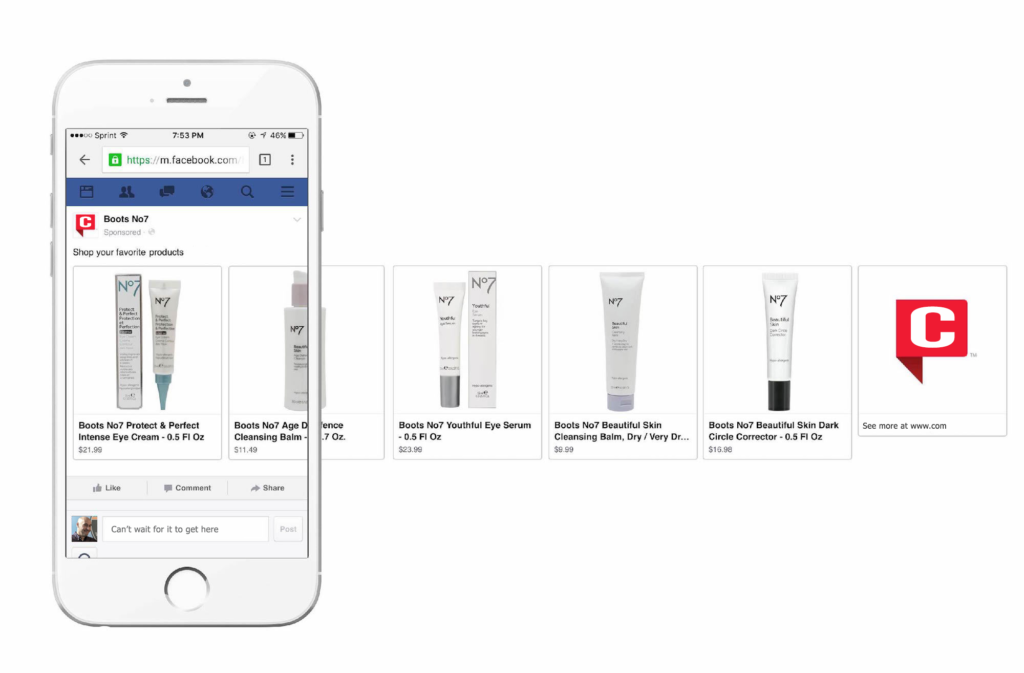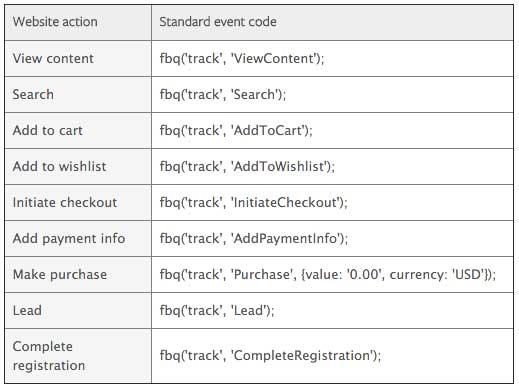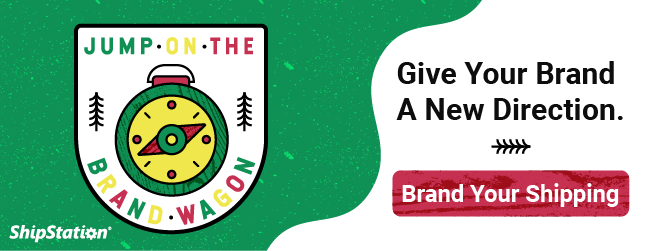Why Your Business Should Use the Facebook Pixel
If you’re using Facebook ads in your online business, are you getting the best return on your investment?
An easy way to get started analyzing your ads is to install the Facebook Pixel on your website.
What is the Facebook Pixel?
The Facebook Pixel is an analytic tool that tracks the behavior of users who arrive on your site via Facebook ads. This data gives you a better understanding of how users interact with your site and, in turn, the effectiveness of your advertising.
With the help of the Facebook Pixel, you can create highly-segmented custom audiences and more targeted ads. And the more optimized your Facebook ads are, the higher your conversion rate.
Learn how to install the Facebook Pixel here.
How You Can Use the Facebook Pixel
Dynamic Ads

The Facebook Pixel gives you the option to create dynamic ads, which are effective tools for retargeting. Dynamic ads are custom ads served to individuals based on their website browsing behavior.
For example, a shopper arrives on your site after clicking on a Facebook ad. She adds a purse to her shopping cart but doesn’t checkout. Now when she browses Facebook, she will see ads featuring that purse. This can help persuade her to complete the purchase.
Dynamic ads only feature products that are currently in stock and available to buy on your website. So you don’t have to update your ads every time you sell out or add a new product.
For help and more information on how to set up dynamic ads, check out this Ad Espresso article.
Standard and Custom Events
Facebook Pixel can track events. Events refer to the different types of behavior and actions people take once they are directed to your website. These types of events can be broken down into standard events and custom events.
Standard Events
You can use standard events to track and optimize for specific website actions. Standard events use coding, but you don’t have to be a computer science whiz to figure out how to set them up.
Below is a chart of the nine standard events.

For a step-by-step guide on how to create standard events, read this Facebook page.
Custom Events
If you need to track a conversion event that is more specific and/or doesn’t fall into one of the nine categories, you can create a custom event.
Let’s say you want to know which products are most frequently ordered together. A standard conversion can show you the number of total purchases. But it can’t differentiate between the type and quantity of purchased items. To get those details, you would create use a custom conversion.
The upside of custom events is that they are less tedious to implement since you don’t have to use any code. Instead, you make custom events in Ad Manager using URL rules.
However, if using standard events is an option, it’s better to go that route. Standard events are more accurate and have less room for human error. Also, you can only track 40 custom events at once, while standard events don’t have limitations. Feel free to use a combination of standard and custom events for conversion tracking.
Audience Tracking
The Facebook Pixel allows you to target specific people instead of a general audience. Facebook will see what types of audiences click on your ads or perform certain behaviors on your website. As a result, ads will target these audiences in the future. It also allows you to target people who will take a specific action on your site.
Additionally, tracking can show you what kind of devices people are using to view your website and make purchases. This can help with advertising decisions to improve return on investment in the future.
Custom and Lookalike Audiences
As mentioned previously, the Facebook Pixel helps you track and target custom audiences. This is helpful if you have a specific campaign goal in mind. For example, encouraging people to buy a specific product, sign up for a mailing list, or download an ebook.
These audiences aren’t based on certain demographics. Rather, they include users who have expressed interest in your products and have taken certain actions on your website. As a result, you don’t have to make an educated guess about who to target. You can advertise directly to shoppers who are already interested. Because you’re serving ads to a more qualified audience, your ad click-through rate will increase.
The custom audiences created through Facebook Pixel automatically generates lookalike audiences. Lookalike audiences are Facebook users who are similar to your custom audiences but may not be familiar with your brand. These audiences are likely to have similar interests as your custom audience and take similar actions. This helps expand your potential customer base and increases brand awareness.
Audience Retargeting
The Facebook Pixel is a valuable tool for retargeting shoppers. And if you want to increase conversions and sales, you need to include retargeting as part of your marketing strategy.
Customers who see retargeted ads are 70% more likely to convert on your website. And the average CTR for retargeted ads is 10x that of display ads. This isn’t surprising considering 71% of consumers prefer personalized ads, as long as the content is relevant and useful to them.
Through dynamic ads, you can display products that people expressed interest in but didn’t buy. Customers with abandoned shopping carts are 18% more likely to convert after seeing a retargeting ad.
You can also retarget customers who have recently bought from you with dynamic ads. Use dynamic ads to show related products and increase the chance of them becoming repeat customers.
Highlight Problems
If your Facebook ads aren’t generating the leads you want, you might need to make some changes.
Not much traffic to your landing page? You might need to reconsider who you are targeting with your ads.
Ads are generating great traffic to your site but your bounce rate is high and conversion rate is low? There might be an issue with your website design. One idea is to offer discounts and/or free shipping.
Not getting many mailing list signups? It could be a sign that you need to rethink the placement or call-to-action.
Next Steps
The Facebook Pixel is an effective and efficient tool to optimize your Facebook ads, track conversions, and retarget audiences. Knowing who is visiting your website and how they’re interacting with it can help you strategize on how to improve in the future.



